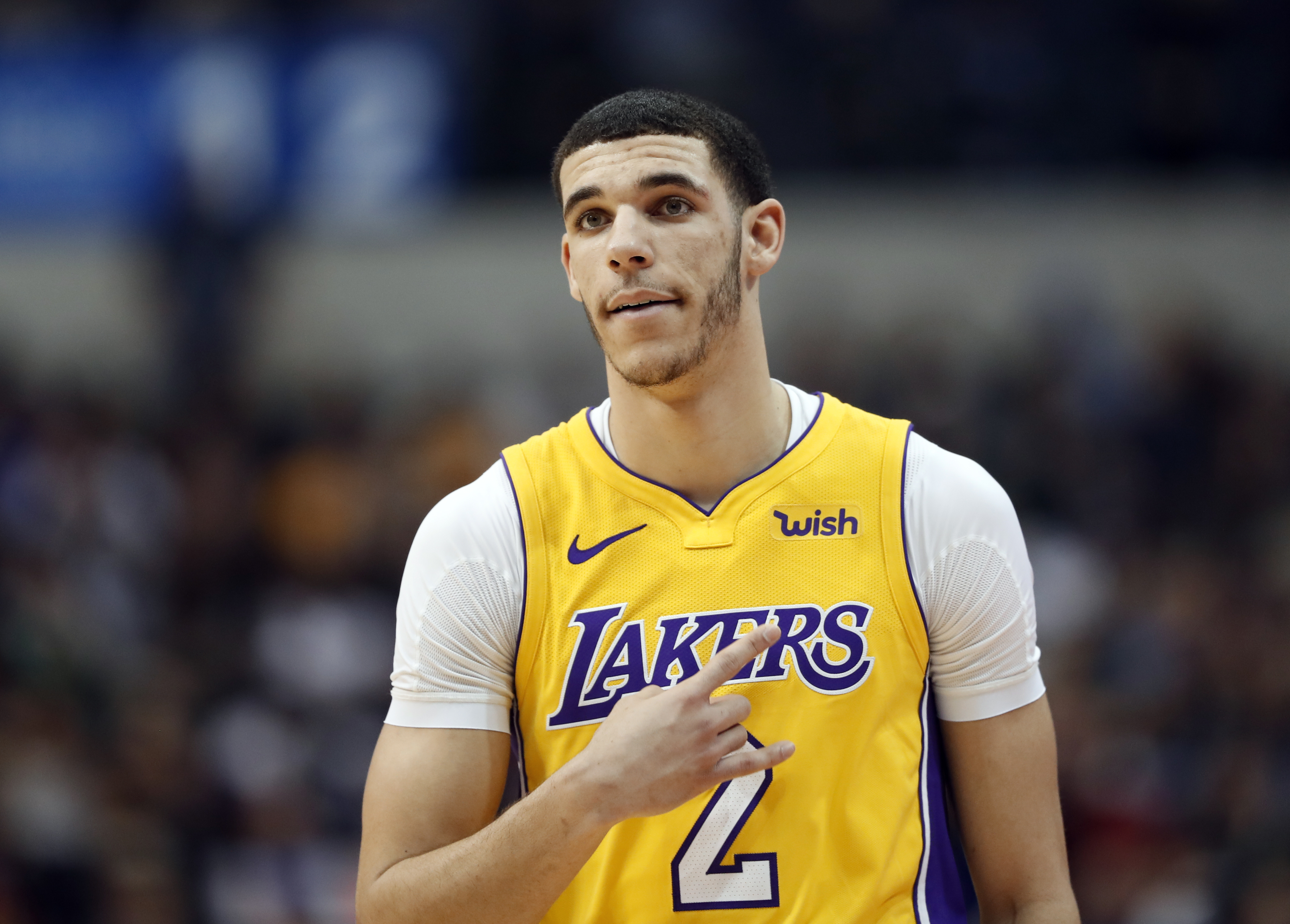The Week in Fact-Checking is a newsletter about fact-checking and accountability journalism, from Poynter's International Fact-Checking Network & the American Press Institute's Accountability Project
Florida shooting misinformation
Last week’s shooting at a Florida high school that left 17 dead and several injured spawned the usual hoaxes that follow American tragedies: fake images of the shooter, posts claiming he was a member of Antifa, false identifications and phony screenshots of his Instagram account. Then there were those that aren’t so typical.
Imposter tweets targeted journalists attempting to cover the shooting, leading to a cascade of online harassment. Twitter at first denied that was against their policies, then said the rules should be revised. Conspiracy theories about students organizing gun control demonstrations took off, trending on YouTube and populating search results (at least for a while). There was an incorrect story that led to careless sharing by professionals and many corrections. Another story led to a Florida Senate aide being fired.
Some students took the conspiracies in stride, but as Snopes’ Bethania Palma put it, “We’re living in a dystopian hellhole of false information.” So what’s the solution?

This is how we do it
-
Africa Check fact-checked this week’s State of the Nation Address in South Africa.
- The Duke Reporters' Lab released a new fact-checking census this morning, with many new projects from around the world.
-
How do you fact-check a six-year-old mistake? Here’s what NPR did.
This is bad
-
An anti-abortion campaign in Ireland misappropriated a fact check that questioned one of their claims.
-
Newsweek and RawStory reported this week that bots forced Sen. Al Franken to resign. But those stories got key details wrong — leading to retractions.
-
Lawmakers are worried about the rise of fake video technology, and so are people who study national security.

A closer look
-
The New York Times has a deep dive into Brazil’s anti-fake news efforts.
-
Where are the Japanese fact-checkers?
-
Discuss: “Media literacy programs in schools are so outdated, they’re backwards.”
Coming up
-
PolitiFact has two job openings — one for a media fact-checker heading up its PunditFact project, another for a one-year audience engagement fellowship. Apply by March 23.
-
The Web Conference will be held April 23-27 in Lyon, France. Here’s a sneak peak at the accepted papers about misinformation.

This is fun
-
ESPN “fact-checks” Lonzo Ball’s rap lyrics.
-
Other sites have fake news. SoundCloud has fake music.
-
A fact-checking project in Nevada is aiming to fill gaps in local political coverage.
If you read one more thing
-
Fake news is an existential crisis for social media.
Quick fact-checking links
The Pope was fact-checked, and it did not turn out well for him. // The Secret Service is fact-checking now? // Will the Bad News video game help kids spot fake news? // Buyers of political ads on Facebook will be verified with postcards this year. // The Premium Times Centre for Investigative Journalism has launched two fact-checking websites, Udeme and Dubawa. // The American Bar Association fact-checks politicians’ blathering about treason. // Social media platforms need to admit they are trafficking in “automatic weapons,” says John Battelle. // Italy is trying to combat Russian influence on its upcoming election. // By far, Facebook and Instagram were the go-to sites for Russian interference in the 2016 election, says the Justice Department. // Broadcast personality Afia Schwarzenegger will host the “Political Police” comedy fact-checking show on TV Africa. // A good thread on what conspiracy theories offer to believers. // This game teaches how people spread online misinformation. // Here’s a fact check of what a Facebook executive said about Russian disinformation. // What we still don’t know about fake news and its growth. // Twitter fact-checks a “Hulk Hogan” interview.
Until next week,







